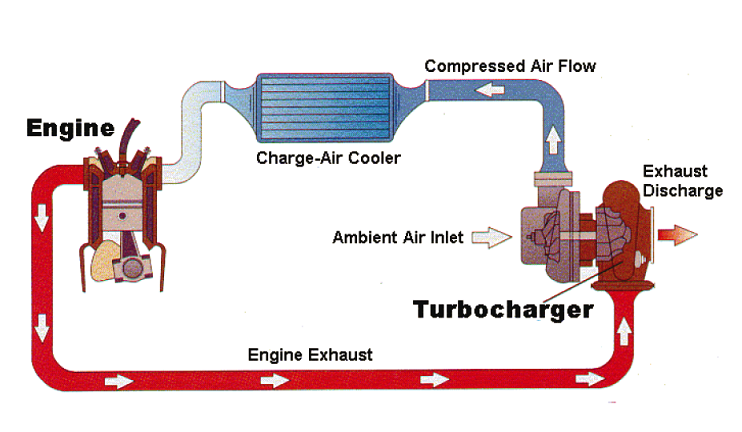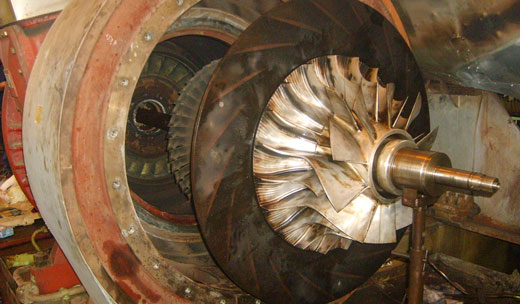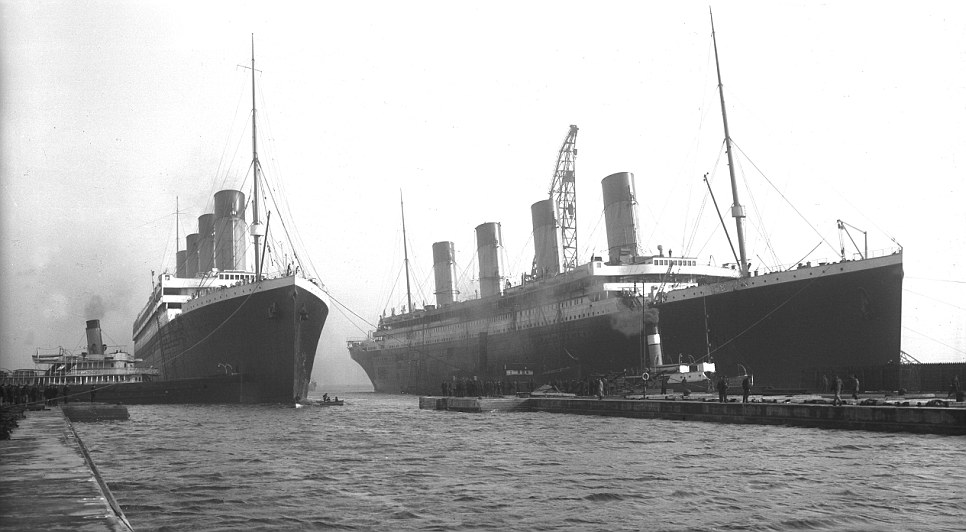
Before learning about how does a turbocharger work on a diesel engine, we need to know what is a turbocharger in the first place. The efficient working of a diesel engine depends on the supply of air to it. By increasing the density of the air that enters an engine, the power that is output by the engine can be considerably improved. Turbocharger is a devise that provides a higher density of air to the engine ensuring improved performance of the engine. In other words a turbo charger is a gas compressor that provides forced induction to diesel engines.
The History of Turbochargers
Today nearly every mode of conveyance that uses a diesel engine has a turbocharger. Alfred J.Buchi a Swiss engineer and inventor developed the first turbocharger in the year 1900’s. The whole idea behind the turbocharger has remained unchanged since day one. The exhaust gases that are emitted from a diesel engine are directed in a manner that drives a compressor and forces compressed air into cylinders resulting in additional power of the engine. The use of turbochargers picked up during World War II. Turbochargers were initially used in aircrafts and ships and later on they were incorporated in cars also. The first ship to use a turbocharger was MS Dorthe Maersk an 18,000 tonne oil tanker using a two stroke diesel engine. 
What does a Turbocharger do?
Turbocharger is a device that increases the power of the engine without having to increase the size of the engine. It squeezes air into the cylinder of the engine which ensures that a large quantity of fuel enters the engine. The results in more power being supplied which further improves the power to weight ratio of the engine. For performing all this turbo charger does not consume any additional fuel, rather uses the exhaust gases which are a byproduct of the engine. Since diesel engines are often use don ships turbochargers are a necessary component on marine ships. The more is the amount of air in the fuel, the more powerful is the reaction.
How Does a Turbocharger Work on a Diesel Engine?
The composition of a turbocharger is simple. It is composed of a turbine wheel and a compressor. Both the turbine and the compressor are placed on a single shaft. The exhaust gases from the engine rotate the turbine which further rotates the compressor. It is a simple principle that increases the power of the engine fourfold. 75% of the total output of an engine is the result of turbocharging.
Benefits of Turbocharging
The benefits of turbocharging are obvious. It results in greater power from the engine without increasing any costs. On the whole the costs of running the engine are reduced with turbocharging. With regular maintenance the efficiency is improved and emission of harmful gases in the atmosphere can also be kept under control. These further help in conservation of energy.
How Does A Turbocharger Work?,








